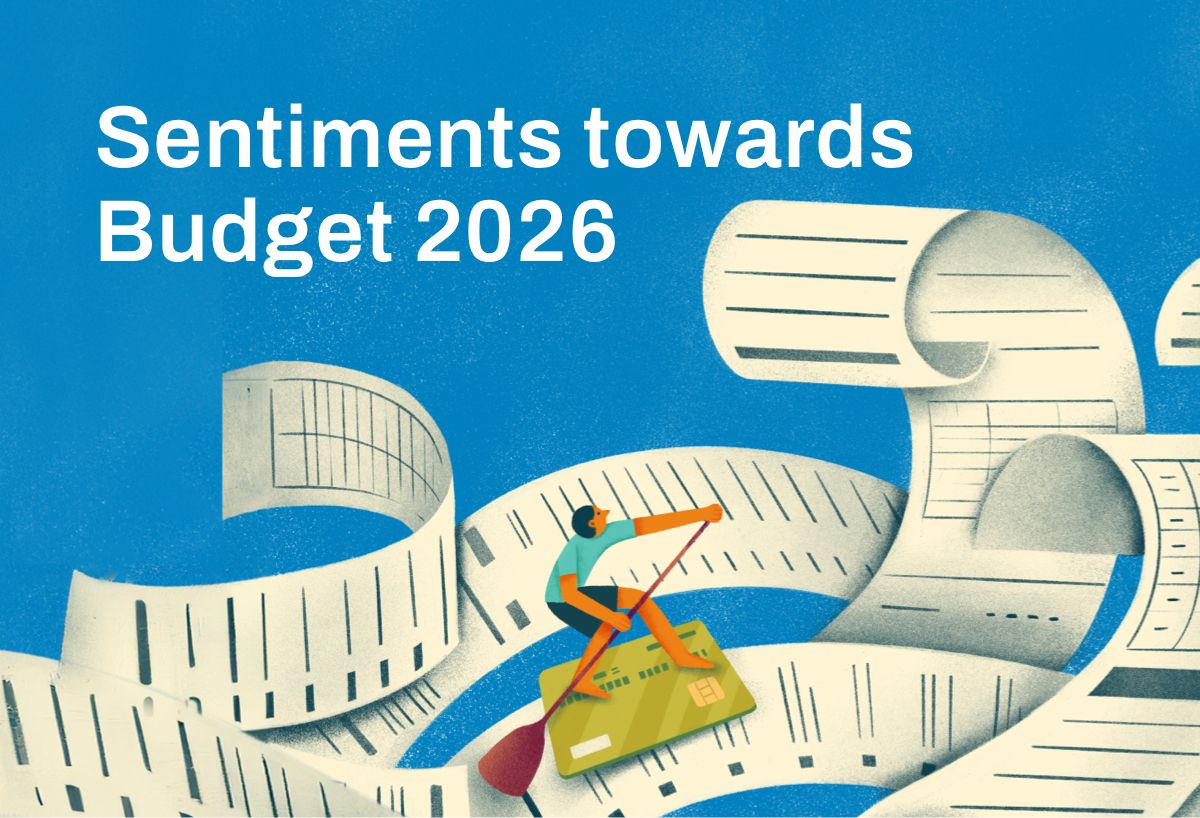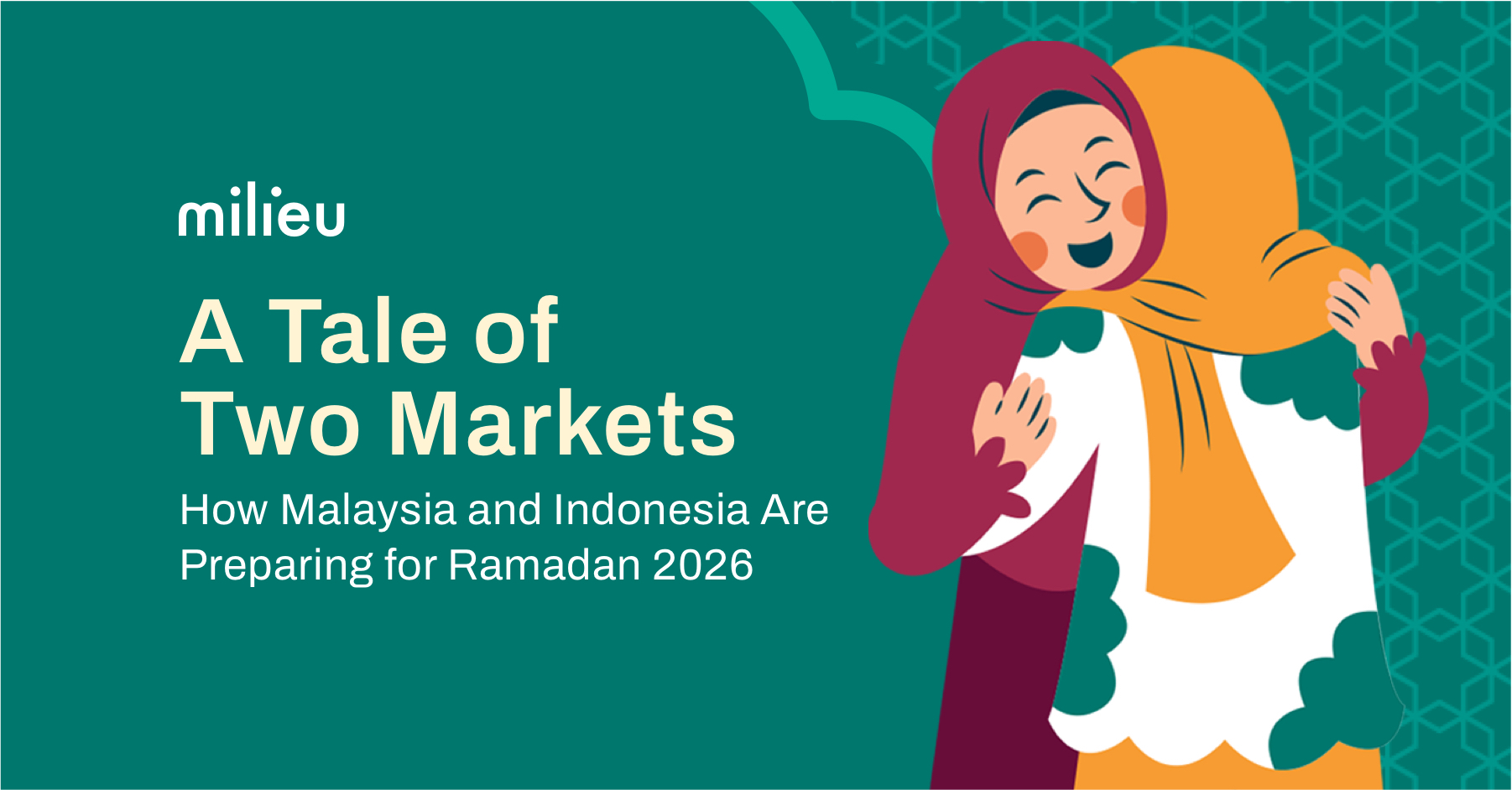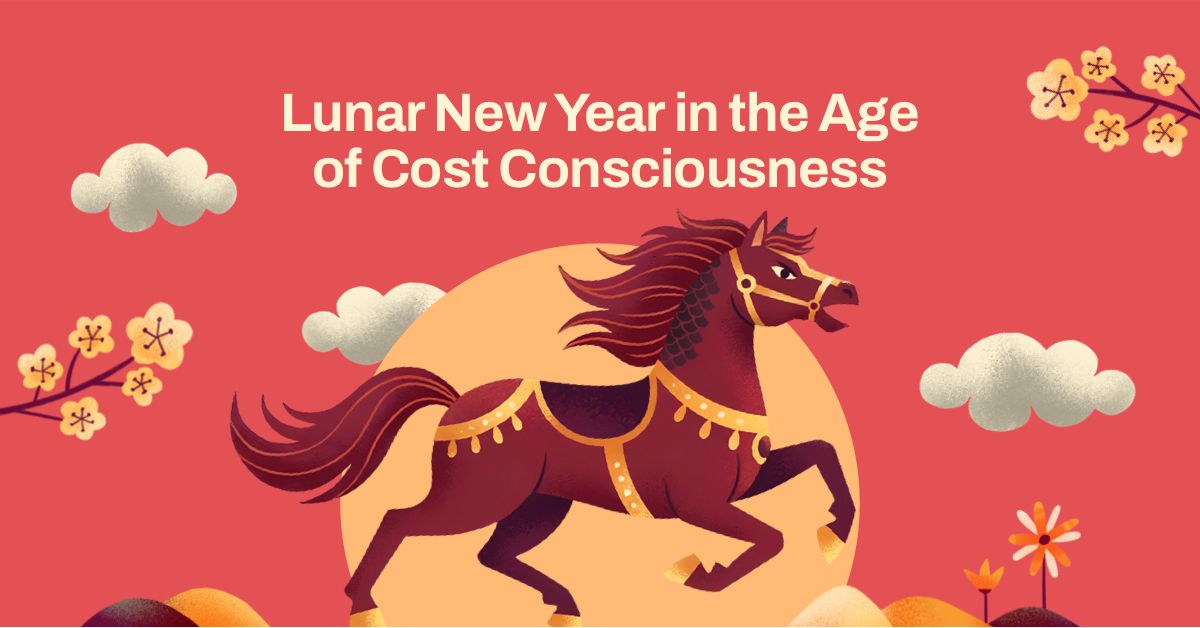How #BlackLivesMatter Shed Light on Racism in Southeast Asia

You have probably heard of George Floyd and the Black Lives Matter (BLM) movement - but did you know that the latter already gained traction since 2013?
7 years ago, following George Zimmerman’s acquittal in the shooting death of 17-year-old black Trayvon Martin, the term “black lives matter” first gained attention after it was used by a black community organiser.
7 years later, George Floyd’s death in 2020 sparked a protest that reached far beyond the borders of the U.S., as the news of Floyd’s death and subsequent discourse about racism have since swept the globe. The #BlackLivesMatter hashtag was used 8.8 million times on 28 May, three days after his death.
The US Presidential Election has also dominated headlines over the last few months, but the influence of the BLM movement has been evident this year, especially in the face of what may have been one of the most divisive U.S. elections.
From Trevon Martin to George Floyd, the stories we’ve all read about this year about racially motivated hate and violence have forced us to look inwardly; stereotypes and discrimination that exist among us has always been out in the open, yet hidden at the same time. Everyone knows of at least one racial joke or stereotype, but we keep them within private conversations. While seemingly harmless, the Black Lives Matter movement and other racial conflicts elsewhere in the world have shown otherwise.
Milieu conducted surveys across Singapore, Malaysia, Indonesia, and the Philippines in June 2020 to find out what people think about the movement and their perceptions of racism in their home countries.
Participation in BLM Movement
Most respondents are aware of the ongoing Black Lives Matter movement. Those who are familiar with the details of BLM are at 60% (Singapore), 56% (The Philippines), 48% (Malaysia) and 39% (Indonesia).
Despite Indonesians registering lowest in terms of familiarity, participation in social media campaigns was the highest in the country at 42%, followed by the Philippines at 32% and Malaysia at 28%. Notably, despite Singaporeans reporting to be the most familiar with BLM, participation such as showing public support, was the lowest in the country at just 18%.

Just how effective do citizens across Southeast Asia think participation in social movements such as BLM is? About a quarter of respondents across the four countries believe that participation helps to kickstart conversations. However, respondents in Singapore also tend to be more skeptical about the effectiveness and sincerity of doing so, as they were the most likely among all countries to feel that online participation in such social movements are “mostly an insincere social media gimmick”, and that such actions don’t add meaningfully to the cause.
Slacktivism, a term popularized by Invisible Children’s Kony 2012 campaign, has been the longstanding critique of online participation in social causes and movements. That said, although Singaporean’s were more likely than citizens in other countries to think participation isn’t effective, there was still a healthy margin of citizens who felt “showing solidarity is good” and seeing such acts is “heartening”.
Interestingly, the top two voted options show that while people are in favour of showing support towards the Black Lives Matter movement, they are also aware racism exists locally and that more should be done to address such issues.
Hitting Home: Reflections of Racism Locally

Among the four countries, Malaysia has the highest percentage (42%) of respondents who indicated they have personally experienced racism in their country, followed by the Philippines and Indonesia (34%) and Singapore (28%).
Furthermore, a higher percentage of younger respondents, regardless of country, have experienced racism. With high youth engagement in activism - supported by the wide reach of social media - youths are perhaps more aware of what is considered racially appropriate or not.

Respondents across different countries indicated that racism most commonly comes in the form of jokes, insults or name-calling and stereotypes. Discrimination and harassment is also disturbingly prevalent, especially coming from friends. These stats strongly suggest that, for some people across Southeast Asia, a more casual form of racism may exist that finds its way into daily lives and conservations between friends and colleagues.
This certainly seemed to be the case for a group of students at Singapore’s Raffle Institution, who earlier this year, found themselves in hot water after a picture resurfaced of them posing in black face. One of the student’s involved posted an apology after the picture resurfaced, indicating that the picture was taken as part of a birthday celebration for one of their friends who is of Sri Lankan descent.
Casual racism isn’t a particularly new idea. But if you’re looking to get caught up, The Conversation wrote an insightful piece explaining how ‘everyday racism’ more accurately captures the prevalence of racism today.

In Indonesia, almost two-thirds of those we surveyed think that racism is a serious issue that needs to be tackled. On the other hand, only about one-fifth of respondents in Singapore feel the same way. This difference, however, is much larger compared to personal experiences of racism (28% having experienced racism in Singapore, and 34% for Indonesia).
While the prevalence of racism in respective countries cannot be measured (and trivialised) simply with numbers, one would be naive to deny the existence of racism and the parts we play in it. A comment, joke or action doesn’t need to be intentionally hurtful for it to be racism - understanding this requires us to evaluate words or behaviours by their outcomes, rather than just their intention.
A Race Together

Respondents reported being generally comfortable talking about racism with their friends and family. However, when it comes to doing so with someone of a different ethnicity, comfort levels fell, with less than 50% of respondents indicating that they are comfortable with it. Out of the four countries, those in the Philippines appear to be most comfortable talking about racism in general.
While conversations are needed to keep the issue in sight, to generate more awareness and share new ideas, it is important that we are mindful of how we can go about making progress.
When asked who they think is responsible for tackling issues around racism, we observed almost uniform responses across all countries, with government, individuals and academic institutions ranking in the top 3 for all countries, and with between half to two-thirds of respondents selecting these options, on average, across all countries

Like the ground-up BLM movement that has gained political traction as evident in the US Presidential Election, we see that individuals believe in holding one another accountable for their contributions towards the fight against racism. On top of that, they are also likely aware of systemic racism, thus viewing policy makers and educators as important stakeholders in creating change.
From a simple hashtag to a global movement, #BlackLivesMatter has shown us the power of social media in driving awareness and participation in important social movements. The results of our study suggest that racism is indeed something many people face across the world, and worthy of more attention. We may not all agree on the best way to tackle it, but a cause that most of us agree, is worth fighting for.
Do you care about inequality? Read our piece on unfair gender expectations in Singapore here.





